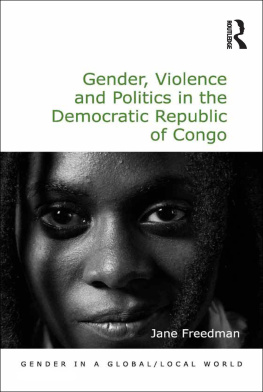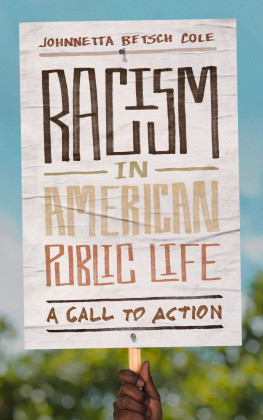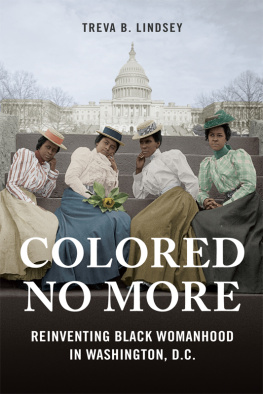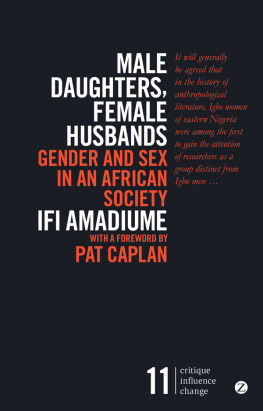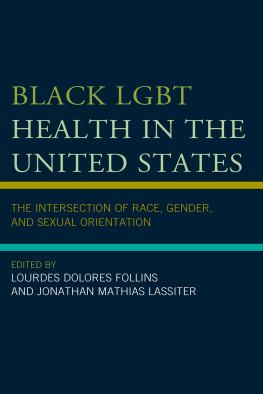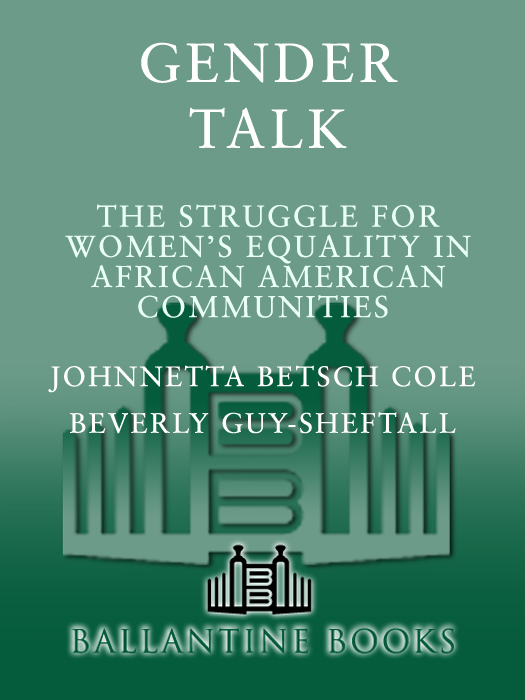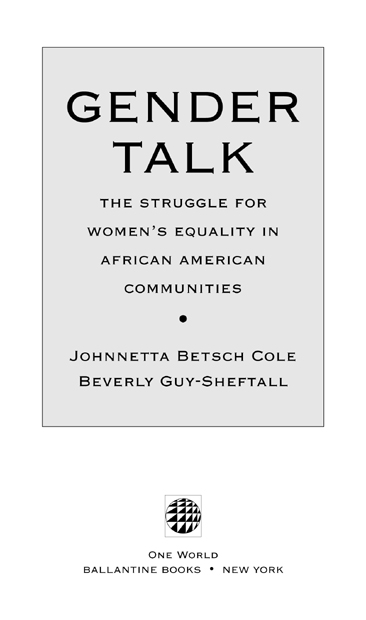PERSONALLY HONEST, WELL-RESEARCHED,
PRACTICAL, AND BRAVE
Johnnetta Cole and Beverly Guy-Sheftall have given all Americans a healing book that no family, classroom, library, or couple should be without.
G LORIA S TEINEM
Back in the day, Black people agreed not to talk about womens liberation. Cole and Guy-Sheftall have done us all a service in calling us to finish the work of womens equity in our community. This book should be read by everyone interested in the welfare of women and of Black people.
M INDY F ULLILOVE , professor of
Clinical Psychiatry and Public Health
Columbia University
Truth telling, wisdom sharing, strong women have been and are the tie that binds the Black Community. This book by two sisters in that long line is filled with truth and wisdom.
T HE R EV . C ANON F REDERICK B. W ILLIAMS
Rector, Church of the Intercession
Harlem, New York
Every feministand everyone who cares about racial and gender justiceshould read Gender Talk to understand the deep connections between these historic liberation movements. This book is an original contribution to the political dialogue about race and sex.
E STELLE F REEDMAN
Department of History, Stanford University
Author of No Turning Back
THOUGHTFUL, PROVOCATIVE,
CONCERNED, AND URGENT,
this work ignites a much-needed debate over the state of true Black community and the role of women within that community. Historically centered and respectful.
Publishers Weekly
Gender Talk reaches not for what is safe and easy, but for the most difficult issues that will confront Black women and men in the years ahead if they are to survive as a group. Written from the heads and the hearts of two women with long careers in race and gender struggles inside and across the color line, its brilliant but blunt honesty speaks truth through the power of Black womanhood.
N ELLIE Y. M CKAY
Department of African American Studies
University of Wisconsin, Madison
Recommended A down-to-earth, unabashedly revolutionary corrective to the conservative slant of much that is published regarding African American communities.
Library Journal
This is an impassioned, insightful look at a controversial topic.
Booklist
A One World Book
Published by The Random House Publishing Group
Copyright 2003 by Johnnetta Betsch Cole and Beverly Guy-Sheftall
All rights reserved.
Published in the United States by One World Books, an imprint of The Random House Publishing Group, a division of Random House, Inc., New York, and simultaneously in Canada by Random House of Canada Limited, Toronto.
One World is a registered trademark and the One World colophon is a trademark of Random House, Inc.
Grateful acknowledgment is made to the following for permission
to reprint previously published material: BMI, LilJoe Wein
Music, Inc.: Me So Horny by The 2 Live Crew.
www.oneworldbooks.net
Library of Congress Control Number: 2003098434
eISBN: 978-0-307-52768-4
v3.1
CONTENTS
PREFACE
What is most important to me must be spoken, made verbal and shared, even at the risk of having it bruised or misunderstood.
Audre Lorde, The Transformation of Silence into
Language and Action, Sister Outsider, 1984
In all of their lives in America Black women have felt torn between the loyalties that bind them to race on one hand, and sex on the other yet they have almost always chosen race over the other: a sacrifice of their selfhood as women and of full humanity, in favor of the race.
Nellie McKay, Remembering Anita Hill and
Clarence Thomas: What Really Happened When
One Black Woman Spoke Out, 1992
This was a difficult book to write. In many ways it was the inevitable consequence of our long involvement in both Black Studies and Womens Studies, and an evolving friendship, though it was not until Johnnetta became a candidate for the presidency of Spelman College during the spring of 1987 that our lives became intertwined in ways that neither of us could have predicted. Beverly had been teaching at Spelman since 1971 and directing the Womens Research and Resource Center since 1981. During the first few years of Johnnettas presidency, we cotaught Introduction to Womens Studies classes three times.
The idea for the book was born while we were coteaching; engaging in heated discussions outside the classroom about the state of the race; witnessing and debating a number of gender-related issues on and off campussuch as the founding of a new lesbian/bisexual student organization at Spelman, Anita Hills visit to the campus in the aftermath of the Clarence Thomas Supreme Court hearings, and a highly publicized case in the fall of 1996 involving a Spelman student who alleged that she was raped by several Morehouse students; watching O. J. Simpsons trial for the alleged murder of his wife, Nicole Simpson, and her friend Ron Goldman; and sitting around girl-talking about trivial and serious issues in our personal and professional lives.
When Johnnetta left the Spelman presidency and assumed a professorship at Emory University in 1998, we thought there would be time, finally, to embark upon what we knew would be an ambitious and controversial book project. Put very simply, we wanted to reflect upon the knowledge wed gained from our years of study and what we had experienced as African American women. We also wanted to explore intraracial gender matters with a broader audience and write a probing analysis of gender politics within African American communities, especially in the contemporary period.
Coauthoring this book would be a daunting task because we knew we would be entering territory, in some instances, far from our own professional expertise, such as hip-hop culture. We knew it would be challenging to see Black America from the vantage points of young people whose worlds were radically different from two middle-aged women who had grown up in the Jim Crow South during the forties and fifties. More unsettling was our awareness of the cultural taboos against airing dirty racial linen in public and the potential charge that we were race traitors and Black male bashers. Paula Giddings, who wrote the first feminist history of Black women, has written one of the most cogent analyses of the perils of engaging in frank public discourse about intraracial gender matters, particularly within a cultural milieu where African Americans are already judged harshly and haunted by damaging racial stereotypes. In her insightful essay The Last Taboo, she discusses the Clarence Thomas Supreme Court hearings and analyzes the impact of persistent silences within the Black community on issues relating to sexuality.
Similarly, in her enlightening essay on the sexual politics of Black womanhood, sociologist Patricia Hill Collins explains the imperatives of racial solidarity that dictate that Black women remain silent about certain intraracial issues but are free to speak publicly about others:
White mens rape of Black women during slavery can be discussed whereas Black mens rape of Black women today cannot. Rape, incest, misogyny in Black cultural practices, and other painful topics that might implicate Black men remain taboo.


